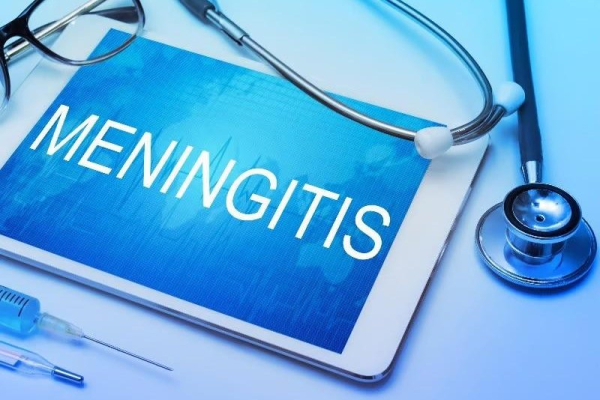
The U.S. Centers for Disease Control and Prevention said there were 422 cases of one type of invasive meningococcal disease in 2023, the most seen since 2014. So far this year, 143 cases have already been reported. Photo by Adobe Stock/HealthDay News
There has been a troubling rise in cases of a rare bacterial illness that can cause meningitis, U.S. health officials warned Thursday.
In an alert issued to doctors, the U.S. Centers for Disease Control and Prevention said there were 422 cases of one type of invasive meningococcal disease in 2023, the most seen since 2014. Advertisement
So far this year, 143 cases have already been reported, meaning TB infections in 2024 will likely surpass 2023 numbers, the CDC added.
Most of the cases last year did not involve meningitis, though at least 17 patients died. The infections were more common in adults ages 30 to 60, in Black people and in people who have HIV, the report found.
The CDC alert comes after the Virginia Department of Health warned of a rise in cases linked to the same rare, serious form of meningococcal disease back in 2022.
The disease can cause meningitis, a dangerous brain and spinal cord inflammation. Symptoms may include fever, headache, stiff neck, nausea and vomiting, the CDC said. The bacteria also can cause a bloodstream infection with symptoms like chills, fatigue, cold hands and feet, rapid breathing, diarrhea or a dark purple rash in later stages. Advertisement
While antibiotics can quell the infection, quick treatment is critical, the CDC said. An estimated 10% to 15% of infected people die, and survivors sometimes suffer deafness or amputations.
Luckily, there are vaccines that shield against meningococcal disease.
The CDC recommends that all children should get a meningococcal conjugate vaccine, which protects against the rising strain, around the time they enter middle school. Since vaccine protection fades, the CDC also recommends a booster dose at age 16. Shots are also recommended for people at higher risk, like those living where an outbreak is occurring or those with HIV infection or other immune-compromising health conditions.
The U.S. Centers for Disease Control and Prevention has more on meningitis.
